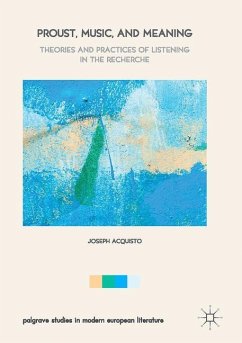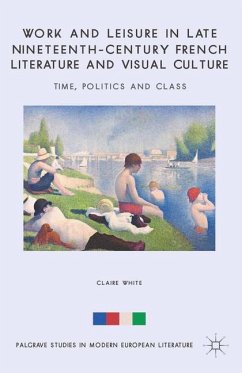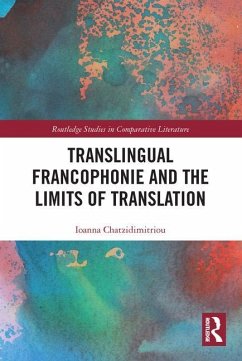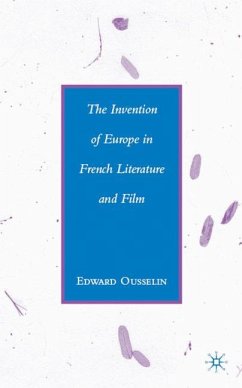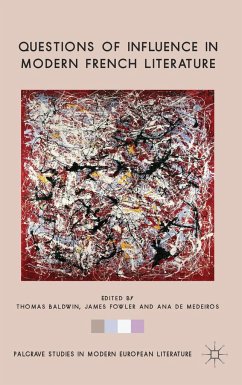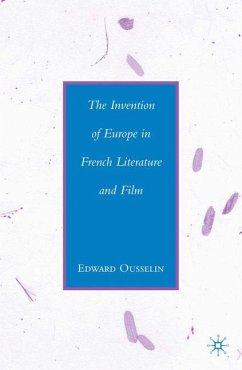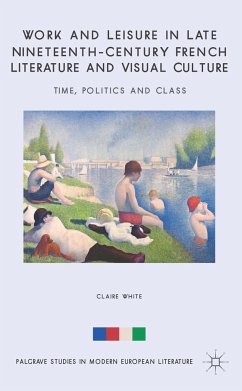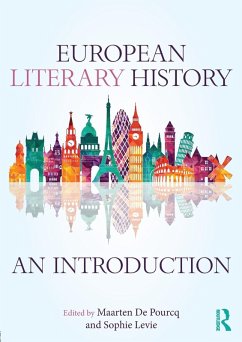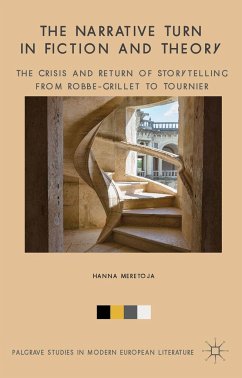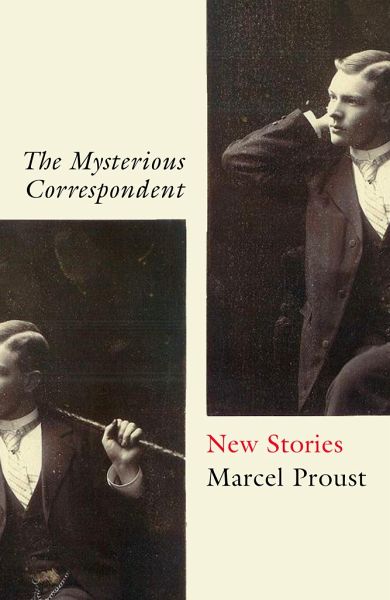
The Mysterious Correspondent
New Stories
Übersetzung: Mandell, Charlotte

PAYBACK Punkte
7 °P sammeln!
'Startlingly audacious.' Literary ReviewNew writing from the literary masterThroughout Proust's life, nine of his short stories remained unseen - the writer never even spoke of them. Perhaps he was not ready to share the early themes he was nurturing for his masterpiece, In Search of Lost Time. Or perhaps, in dealing directly with gay desire, they were too audacious - too near to life - for the censorious society of the time.In these stories, published in English for the first time, we find an intimate portrait of a young author full of darkness, complexity and melancholy, longing to reveal hi...
'Startlingly audacious.' Literary Review
New writing from the literary master
Throughout Proust's life, nine of his short stories remained unseen - the writer never even spoke of them. Perhaps he was not ready to share the early themes he was nurturing for his masterpiece, In Search of Lost Time. Or perhaps, in dealing directly with gay desire, they were too audacious - too near to life - for the censorious society of the time.
In these stories, published in English for the first time, we find an intimate portrait of a young author full of darkness, complexity and melancholy, longing to reveal himself to the world.
New writing from the literary master
Throughout Proust's life, nine of his short stories remained unseen - the writer never even spoke of them. Perhaps he was not ready to share the early themes he was nurturing for his masterpiece, In Search of Lost Time. Or perhaps, in dealing directly with gay desire, they were too audacious - too near to life - for the censorious society of the time.
In these stories, published in English for the first time, we find an intimate portrait of a young author full of darkness, complexity and melancholy, longing to reveal himself to the world.




sv_optimiert.jpg)
